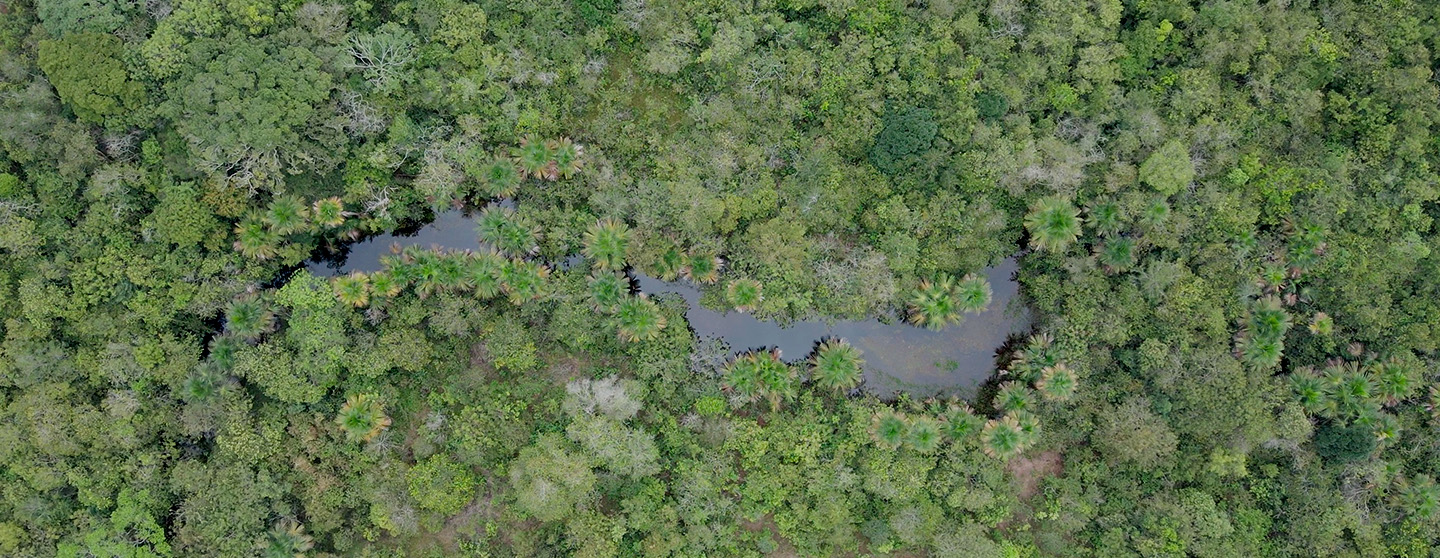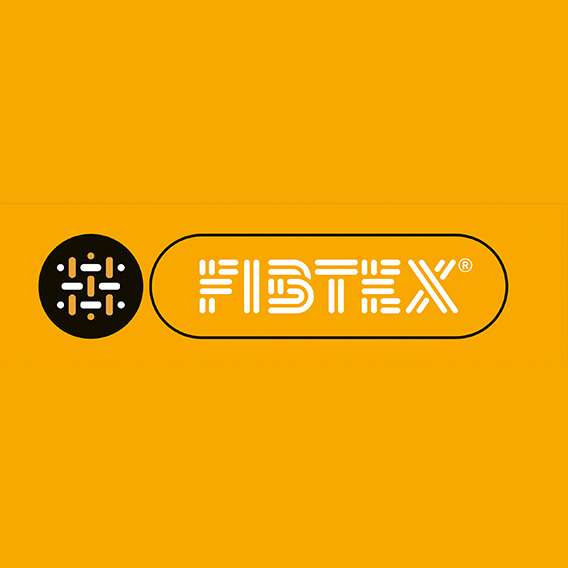

Fibtex

Cundinamarca Department, Colombia
January 2023
Rubber & plastics products
Wholesale/Retail
Colombia,
Peru
Expertos en empaques y almacenamiento ultra hermético. Una empresa Colombiana enfocada en servicio, Fibtex un equipo entregado a nuestros clientes. Vamos más allá de nuestros productos porque estamos convencidos de que es la gente la que nos hace y nos une. Estamos comprometidos con la sostenibilidad y el medio ambiente. FIBTEX soluciona la necesidad de empaques especiales para materias primas y producto terminado. Nace en el año 2004 como una idea para solucionar las necesidades de empaques especiales que no se encontraban en el mercado. Por más de diez años nuestro equipo mantuvo el foco en la necesidad del mercado de proteger y almacenar materias primas y producto terminado. A partir del 2013 iniciamos a operar en Perú y el mercado ha venido creciendo gracias al proceso de penetración de mercado, enfocados principalmente en el Café y Cacao. Partiendo de ahí venimos abriendo nuevas oportunidades con otros granos. Hoy seguimos solucionando necesidades de empaque y además ingresamos al mundo del procesamiento al haber sido escogidos por Pinhalense y Carmomaq para representar sus marcas en Colombia.
Overall B Impact Score
Governance 16.7
Governance evaluates a company's overall mission, engagement around its social/environmental impact, ethics, and transparency. This section also evaluates the ability of a company to protect their mission and formally consider stakeholders in decision making through their corporate structure (e.g. benefit corporation) or corporate governing documents.
What is this? A company with an Impact Business Model is intentionally designed to create a specific positive outcome for one of its stakeholders - such as workers, community, environment, or customers.
Workers 26.6
Workers evaluates a company’s contributions to its employees’ financial security, health & safety, wellness, career development, and engagement & satisfaction. In addition, this section recognizes business models designed to benefit workers, such as companies that are at least 40% owned by non-executive employees and those that have workforce development programs to support individuals with barriers to employment.
Community 19.7
Community evaluates a company’s engagement with and impact on the communities in which it operates, hires from, and sources from. Topics include diversity, equity & inclusion, economic impact, civic engagement, charitable giving, and supply chain management. In addition, this section recognizes business models that are designed to address specific community-oriented problems, such as poverty alleviation through fair trade sourcing or distribution via microenterprises, producer cooperative models, locally focused economic development, and formal charitable giving commitments.
Environment 14.8
Environment evaluates a company’s overall environmental management practices as well as its impact on the air, climate, water, land, and biodiversity. This includes the direct impact of a company’s operations and, when applicable its supply chain and distribution channels. This section also recognizes companies with environmentally innovative production processes and those that sell products or services that have a positive environmental impact. Some examples might include products and services that create renewable energy, reduce consumption or waste, conserve land or wildlife, provide less toxic alternatives to the market, or educate people about environmental problems.
Customers 3.7
Customers evaluates a company’s stewardship of its customers through the quality of its products and services, ethical marketing, data privacy and security, and feedback channels. In addition, this section recognizes products or services that are designed to address a particular social problem for or through its customers, such as health or educational products, arts & media products, serving underserved customers/clients, and services that improve the social impact of other businesses or organizations.